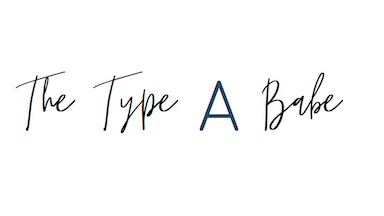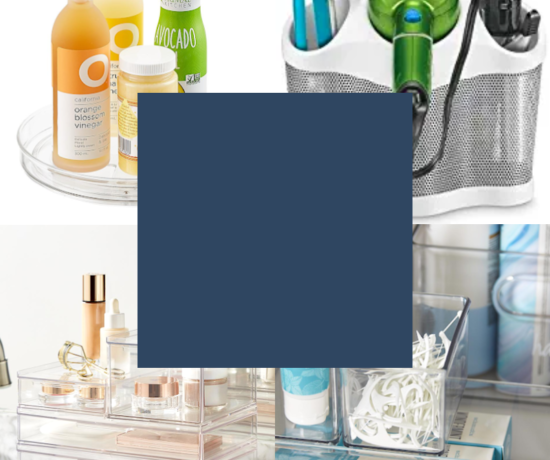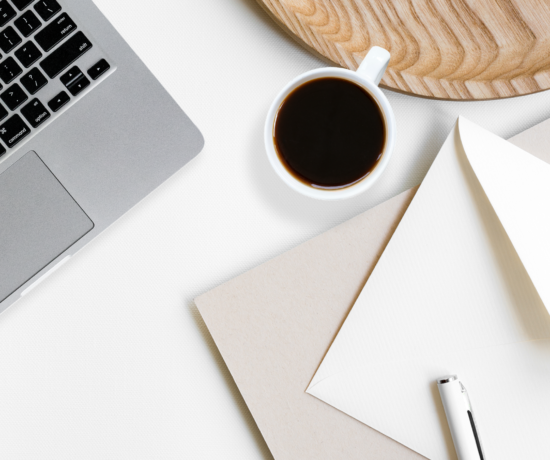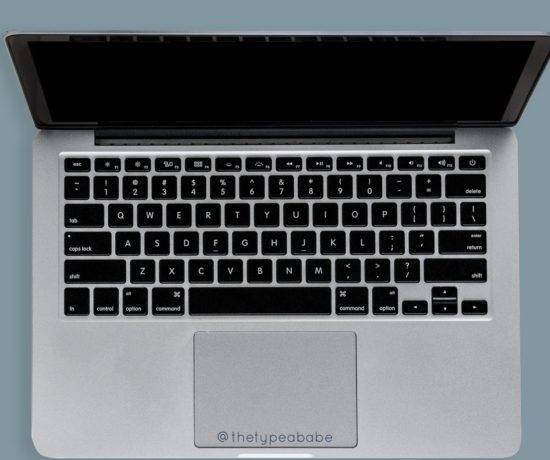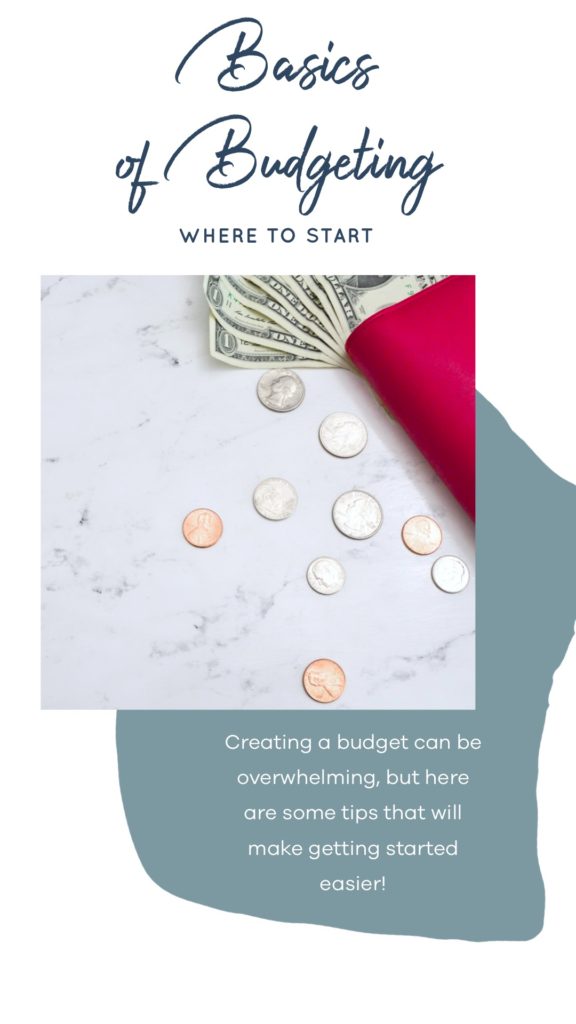
Getting Started
I will be honest with you, when I hear the word budget part me becomes incredibly anxious and uninterested. And I know I am not alone in that feeling. The idea of having to limit myself and tracking where every penny goes sounds like the worst use of time ever.
But, in the past when I have gone through the exercise of setting up a personal budget, I have never felt more in control of my life and future. So, instead of running away from this fear, I want to break down the steps to create a budget for you to follow.
It’s personal for a reason
The first thing I want you to remember is that your budget will be tailored to your own personal situation. Thats why its called personal finance! So, don’t go around and compare yourself to other people and think you need to match what they are doing.
Now that we have thought about that, it’s time to gather the basic financial information you will need for this process. Its ok, I know that sounds intimidating, gathering information about spending and earnings, but it will be fine. Think about this into two categories, Income and expenses.
I personally hate going through my past spending and seeing how many postmates orders I have made, but it’s the first step. Without knowing what your spending was in the past, creating a useful budget is much more difficult. And remember, this is past, you can’t change it. But, you can change how you spend in the future with the new budget you are going to create!
Income
This is exciting since it’s the money that you have coming in! Everyone loves getting money right? However, I think it is important to look at income in two ways
Income
This is your stated salary or hourly rate before taxes. It’s what you get from going into your 9-5 or your personal business. For example: in my job contract, it may say I have a salary of $50,000, that is what I would note in this category.
Disposable Income
This is the income that you actually bring home, after taxes are taken out of your income. This is usually done by your employer, so for most people this is the amount that hits your bank account every pay period. A good way to get this information is to pull a couple pay stubs to have for reference as you go forward.
Expenses
Now it’s time for the not so fun part, looking at where your money went. Just remember, its needed for you to create a useful and effective budget.
Fixed Expenses
These are cost that you have every month, like rent, insurance or car payments. Not the sexiest of things, but these are usually the things that allow you to have a roof over your head and are the biggest expenses you will have, so it’s worth specifically identifying them.
Other Expenses
This is your fun spending on things like food, happy hours, and those shoes you had to have. These will change in value month to month, so it’s hard to know exactly how much you will spend on each per month. But, a good place to start is to review what you have spent in the last few months.
While you are going through your past few months of spending, you should think about what categories your spending is in. The point of this is not to get an exact calculation yet, but to help you get an understanding of just where you are spending and the most common types of expense you have. This is things like food, gas, clothing, etc. And these can be as specific or general as you would like (an example is people will break down food into grocery shopping and eating out).
Congrats! Take a deep breath. I know that wasn’t fun or even remotely pleasant, but it’s an important first step to feel more in control of your finances. Now go enjoy some wine and prepare yourself for the next steps!
Follow me on Instagram @thetypeababe for more tips!
